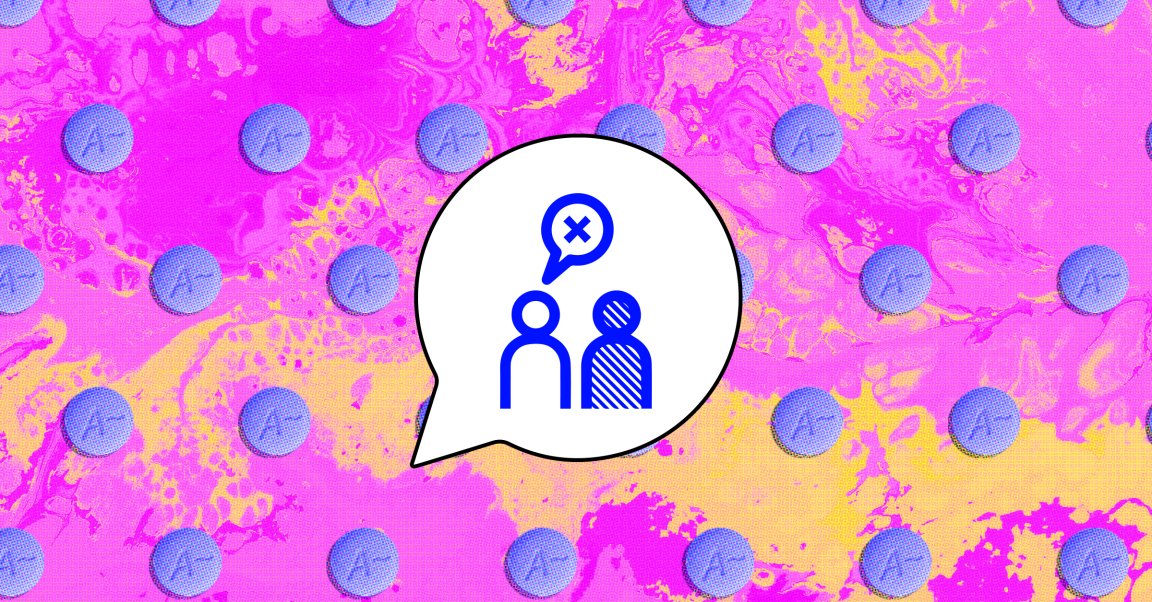
Ambien’s been around for years, helping the troubled get some shut-eye. But, wow, so strange that so many people are interested in its side effects all of a sudden! It’s hard to surf the net today without encountering chatter of crazy things people have done while under the influence of the potent sedative. And for some reason they’re particularly curious as to whether the drug might make one, perhaps, just a little bit racist.
Thankfully, Sanofi, the pharmaceutical company that manufactures Ambien (also known as zolpidem tartrate) stepped in to clear things up and remind the world that racism was not one of the side effects that emerged during clinical trials.
Official documents put forth by the U.S. Food & Drug Administration (FDA), the governing body that regulates pharmaceuticals and medical devices tell an interesting story. In the section of the FDA’s report dedicated to “abnormal thinking and behavioral changes,” clinical findings suggest that Ambien can give rise to bizarre behaviors, hallucinations, or agitation, especially when mixed with other sedatives like alcohol.
There is anecdotal evidence of people doing weird shit after popping a sleeping pill and not-quite calling it a night. There was the sleepy bride trying to build a bouquet holster. A look elsewhere on the internet revealed stories of people building cabinets, renovating their living rooms, and peeing on their computers all in a sleepy haze. But even those who amplified the effects of Ambien by also getting drunk or high — and, yes, those who “went too far on Memorial Day” — didn’t suddenly become horrifically racist. They just had more severe hallucinations and may have been more likely to sleepwalk. This is probably why you’re not supposed to operate heavy machinery while taking the drug; if you’re a celebrity with a social media presence, maybe that should include Twitter.
It’s starting to look like Sanofi was probably right: maybe Ambien doesn’t cause racism, after all. Rather, clinical data suggests that the drug can loosen inhibition, which could coax some deeply-held (or, you know, blatantly obvious) beliefs up to the surface.